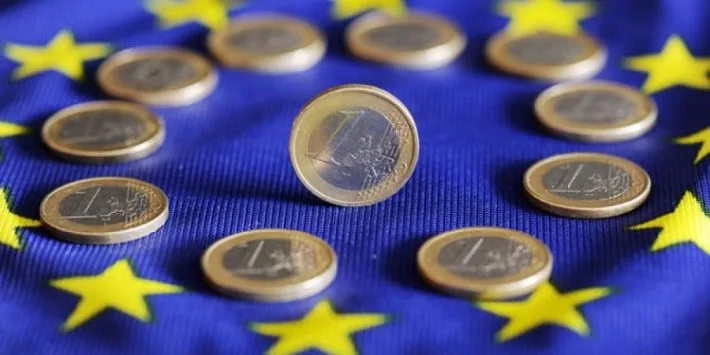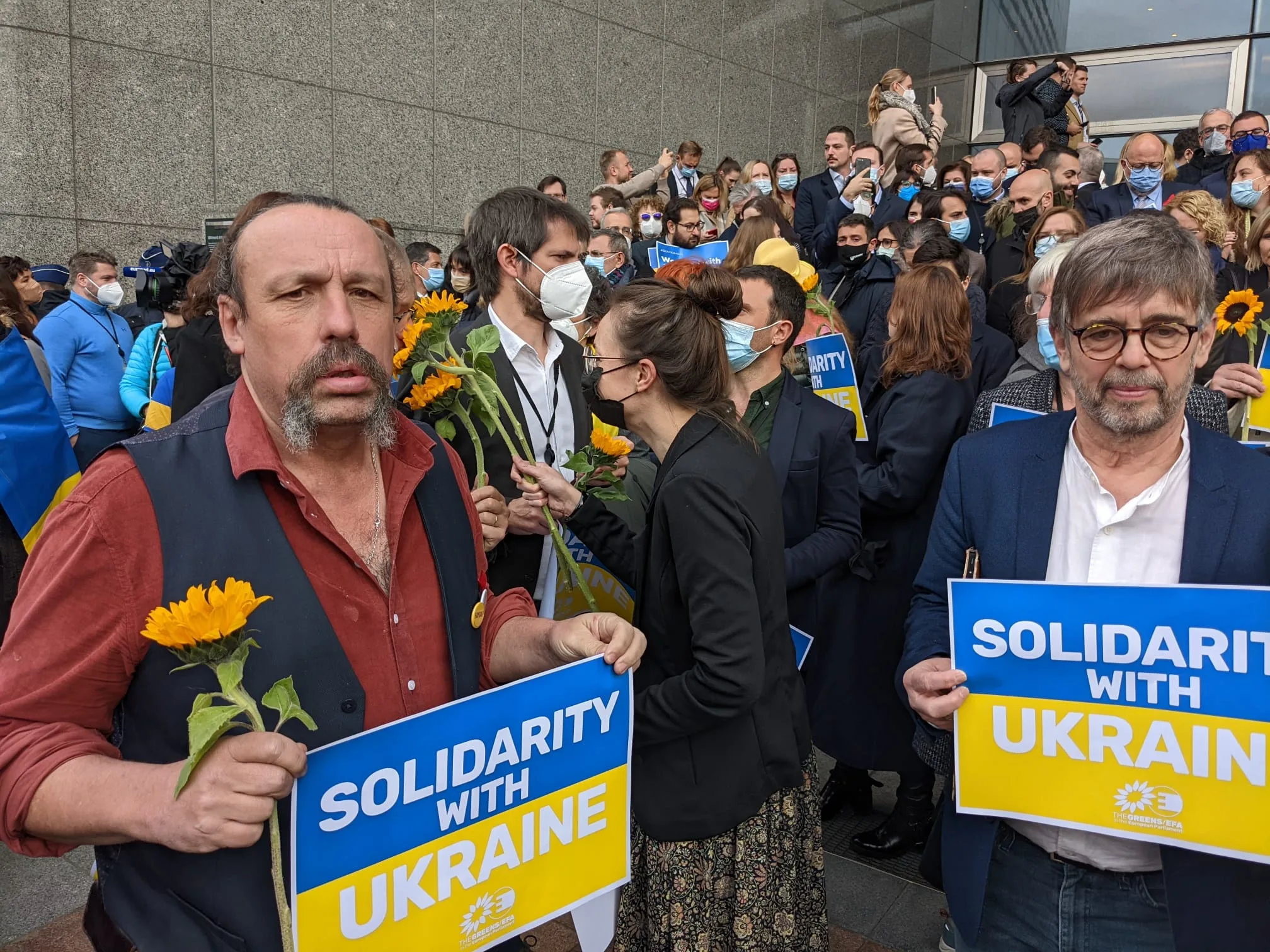Brussels – After the Commission’s proposal and the Council’s downward relaunch, the European Parliament will not let up on the budget and puts a budget of more than €200 billion on the negotiating table. However, the EU Parliament is split on the political report related to the budget and on the issue of migration, on which the allied EPP and far right are attempting to blitz.
The 2025 budget for the Parliament will need to focus “on improving people’s lives, on increasing competitiveness, and on meeting current challenges” by investing rationally. We need the “appropriate financial means for the investments that we believe are appropriate for Europe’s future,” says Victor Negrescu, S&D MEP, the General Rapporteur for the 2025 EU Budget.
The answer is a 1.24 billion increase over the Commission’s proposal. Dedicated funding for health challenges, agriculture, and energy transition, not forgetting programs that are close to the EU’s heart, such as the Erasmus+, which must set itself the goal of becoming accessible to all. In addition, increased programs on research and innovation, infrastructure, agriculture, and environment (with €42 million more for the Civil Protection Mechanism in response to climate change crises), support for SMEs, and investment in the digital transition.
Fifty million more are also needed for Eu4Health to invest in preventing cardiovascular, cancer, and childhood diseases, as well as commit to mental health. On the last point comes a slight jab from Negrescu at the Council, which, as he reports, is preparing a statement on mental health: “It is important that the Council also respect his statement and his work, allowing us to allocate adequate resources.” The Council, in short, should not stonewall an increasingly ambitious (and expensive) EU project.
The text did not pass, with 360 votes against, 233 in favour, and 50 abstentions. And this, despite the fact that the EPP shook hands with the far right, voting for the amendments proposed by the sovereignists and patriots regarding migration.
The first, proposed by PfE, called for increased funding to have Frontex Agency officials “equipped with service weapons to support member states in controlling external borders.” The other two, by the sovereignists, proposed “adequate funding for external physical barriers at the Union’s border” and, considering relocation one of Europe’s migration policies, an invitation to the institutions to “explore the idea of developing return hubs outside the Union.” In essence, the EPP winked at a “Trump Wall” to Europe and external hubs (on which the EPP had expressed his appreciation).
The bottom line is that the majority in Parliament now looks set to change, and the deciding factor is the swinging mood of the European People’s Party, which is now moving increasingly to the (extreme) right. This is such a tight fit for the left-wing parties that the Socialists, after the votes of the EPP with the extreme right, preferred to oppose a text on which they initially agreed but is now distorted from the original. With them, the Left, the Greens/Ale and Renew, who seek to maintain the (weak) “cordon sanitaire” against the far right. And they succeeded because the amended resolution was rejected.
“On the 2025 budget, the European People’s Party made a mistake in choosing the far right and lost,” is the comment of European MP Nicola Zingaretti of S&D. Adds Zingaretti: “There is no future and no Europe there. We have fought and defended a Europe that is possible and more humane, that invests and must create security and greater hope for its citizens.”
Disappointment also from the Greens, who on X comment:
Breaking: @EPPGroup voted in favour of a far right proposal to take away EU money from working families to build useless border walls.
Stop blaming migration for your failing neoliberal policies.
Let’s work on EU policy providing good jobs and affordable housing for us all.
.
@GreensEFA – October 23, 2024
Despite political tensions, the 2025 budget continues on its way, with an EU Parliament rediscovering unity on increases and its global role, with increases regarding resources allocated to the southern and eastern neighbours and humanitarian aid. Now, Council “conciliation” talks will open to reach an agreement regarding the budget by the end of the year. And even this, given the antithetical positions, will not be easy.


![Il vicepresidente esecutivo della Commsisione europea, Raffaele Fitto, in commissione Sviluppo delle regioni del Parlamento europeo [Bruxelles, 17 luglio 2025]](https://www.eunews.it/wp-content/uploads/2025/07/fitto-regi2-350x250.png)
![La presidente della Commissione europea, Ursula von der Leyen, presenta la proposta di bilancio pluriennale [Bruxelles, 16 luglio 2025. Foto: Emanuele Bonini]](https://www.eunews.it/wp-content/uploads/2025/07/Vdl-mff-350x250.jpeg)



![La videoconferenza dei ministri degli Esteri [11 agosto 2025, foto: Servizio per l'azione esterna]](https://www.eunews.it/wp-content/uploads/2025/08/videocall-120x86.png)


